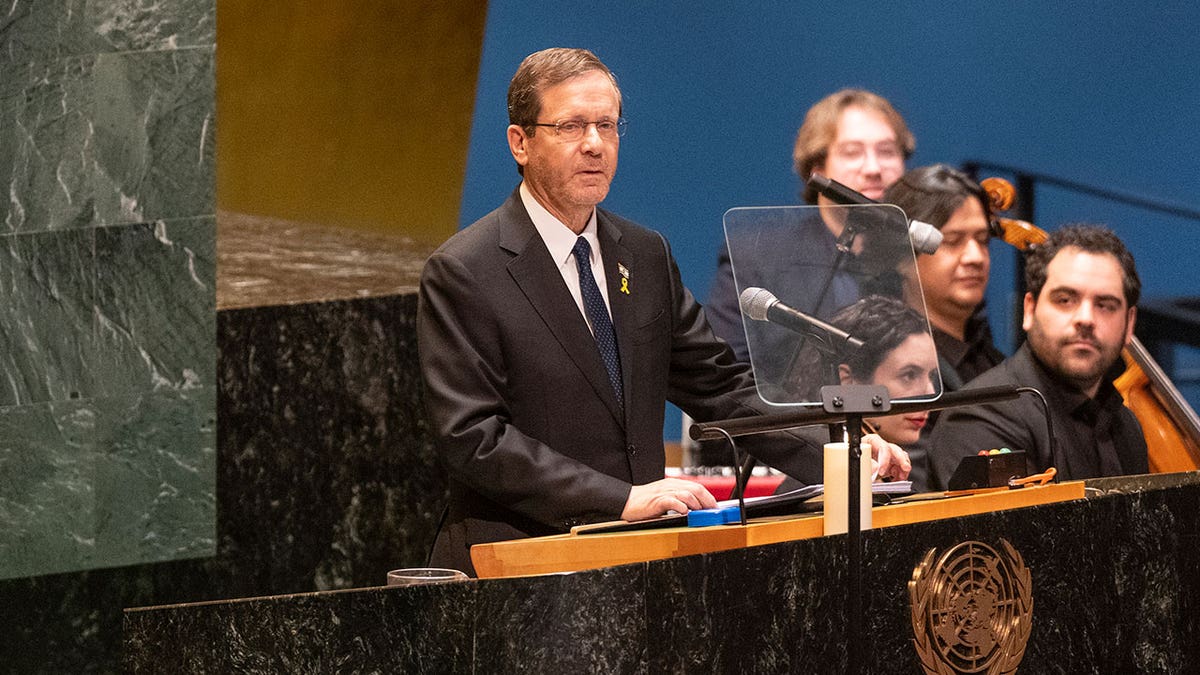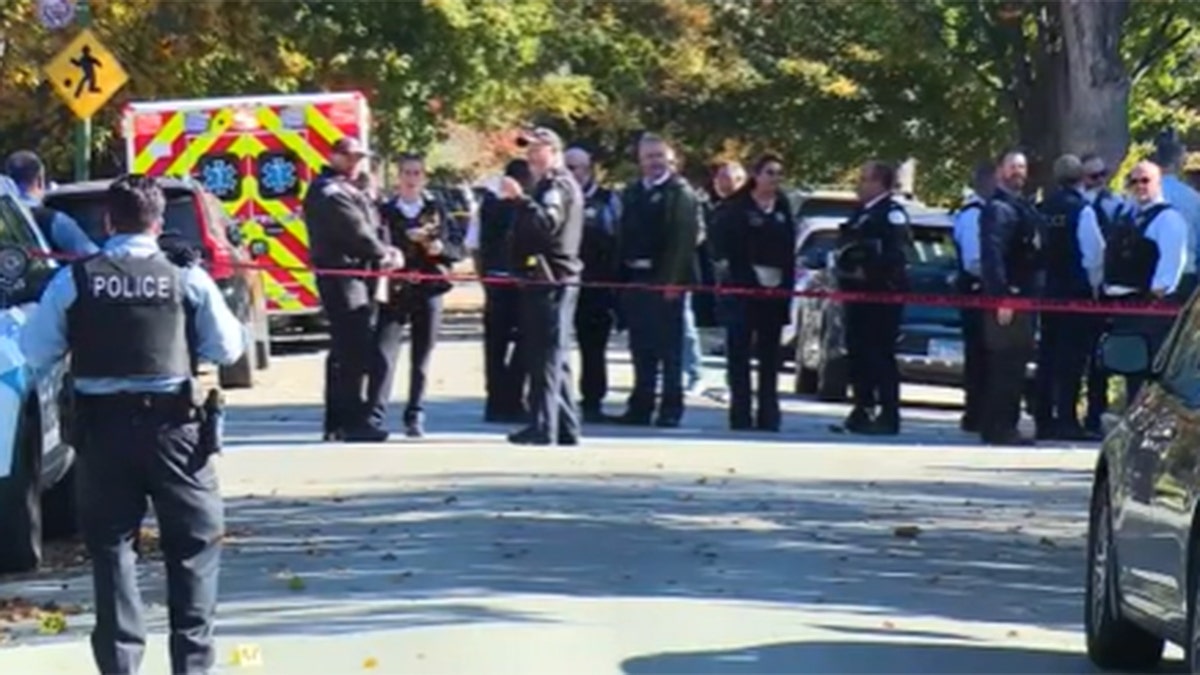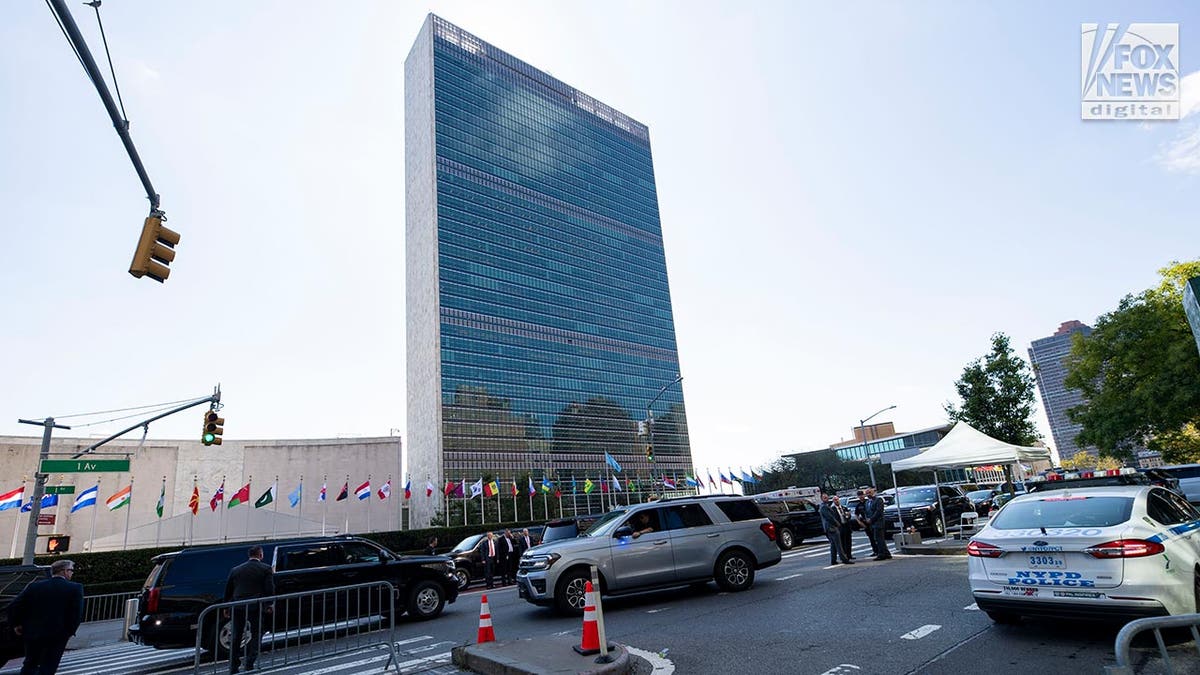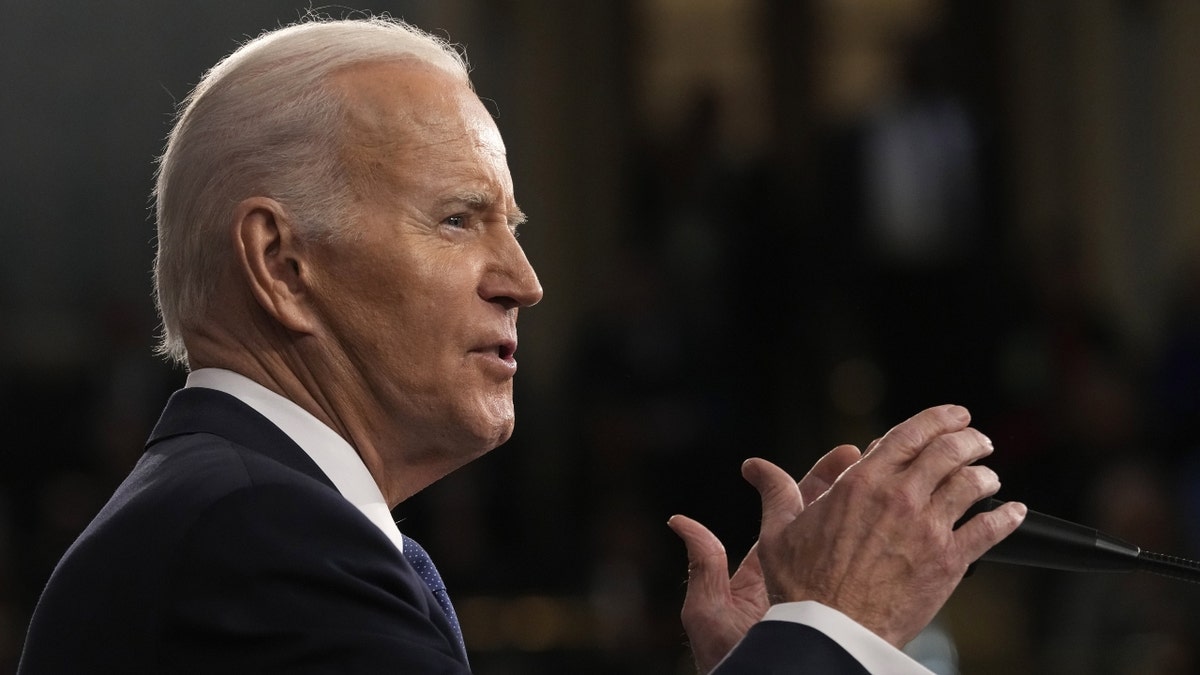On International Holocaust Remembrance Day, a stark reminder of the world's oldest hatred emerged as antisemitism continues its alarming global resurgence. Israeli President Isaac Herzog addressed the United Nations, highlighting the institution's failure to combat the pervasive antisemitic views flourishing in its shadow.
Herzog criticized the UN for allowing antisemitism and other forms of hatred to thrive within its walls, pointing to the lack of condemnation and action from member nations. He questioned how an organization founded as an anti-Nazi alliance could permit such views to spread unchecked, particularly in light of the Holocaust's horrors.

The Anti-Defamation League's (ADL) recent Global 100 survey revealed a troubling statistic: 46% of the world's adult population harbors deeply ingrained antisemitic attitudes. This figure represents a significant increase from 2014, more than doubling the previous recorded percentage. While the survey showed varying levels of agreement with antisemitic tropes across different regions, even those with lower percentages have witnessed a surge in violent antisemitic incidents.

This rise in antisemitism has prompted some American Jews to seek safety elsewhere. Israel’s Ministry of Immigration and Absorption reported a substantial increase in American immigration to Israel in 2024 compared to the previous year. Nuri Katz, founder of Apex Capital Partners, a firm specializing in citizenship through investment, noted a growing number of Jewish clients seeking alternative citizenships, primarily driven by fears of being trapped in a climate of escalating antisemitism.

Rabbi Moshe Hauer, executive vice president of Orthodox Union, highlighted the financial and emotional toll of antisemitism on the Jewish community. He pointed to the increased security costs, often referred to as the "antisemitism tax," and the diversion of resources from community building to security measures, effectively transforming synagogues into fortresses.

Despite these challenges, Hauer expressed hope, noting a decrease in mass protests fueled by hate and emphasizing the existence of a "silent majority" that rejects such acts. He stressed the need for America to correct its course and address the underlying issues contributing to antisemitism.
While a recent ceasefire and hostage exchange between Israel and Hamas offer a glimmer of hope, the pervasive nature of global antisemitism remains a significant concern, demanding continued attention and action.







